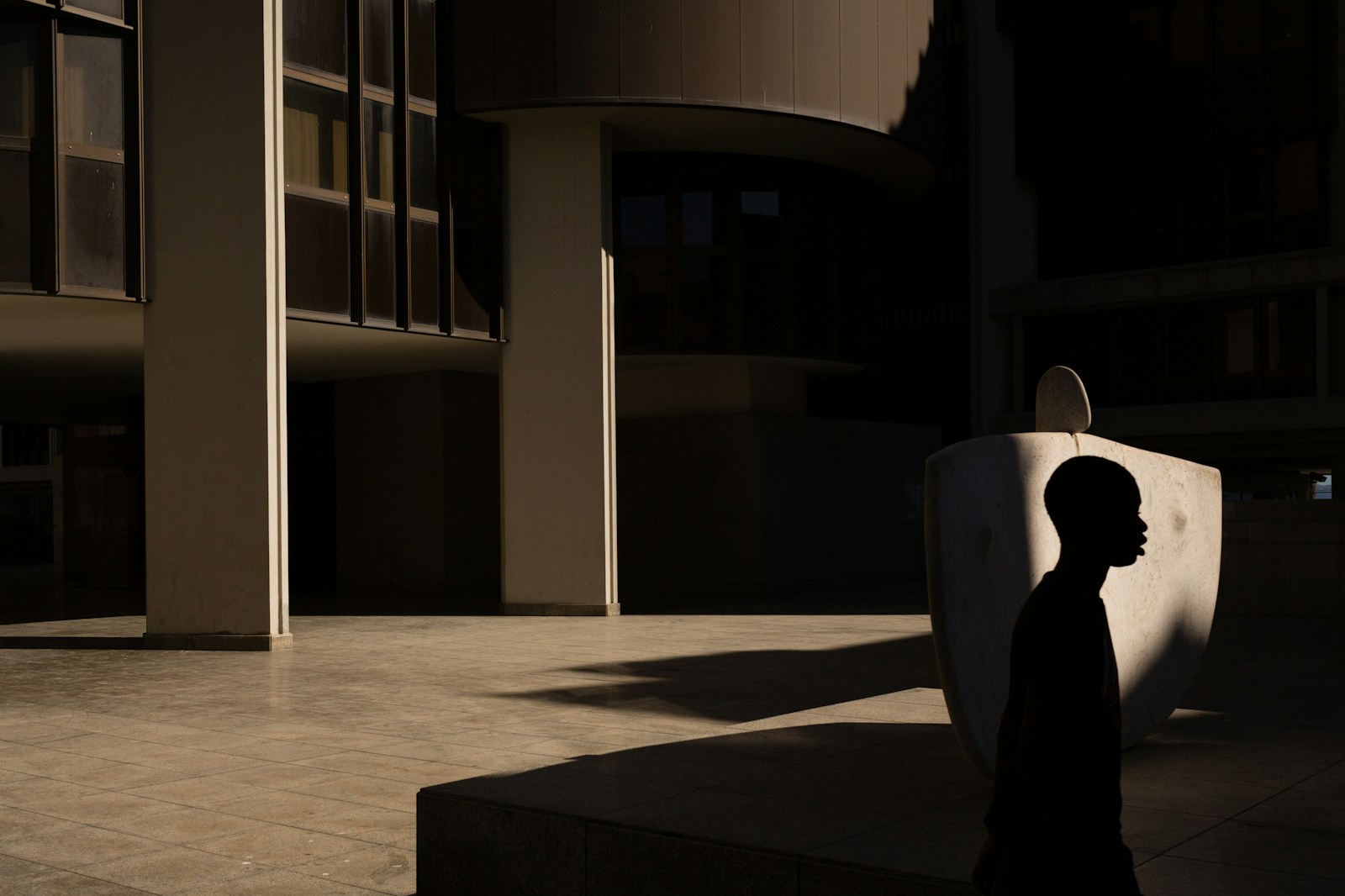
garçon

boy
The French word 'garçon' is used primarily to refer to a young male, similar to the English word 'boy'. It can also be used colloquially to call a waiter in a restaurant. However, using it in this way is considered old-fashioned and possibly rude.
Example sentences using: garçon
Le garçon aime les pommes.

The boy likes apples.
This sentence means 'The boy likes apples.' In French, each noun has a gender, and 'garçon' which means 'boy' is a masculine noun. In the sentence, 'Le' is a definite article that corresponds to the English 'the'. 'aime' comes from the verb 'aimer' which means 'to like' or 'love'. 'Les pommes' means 'the apples'.
Où est le garçon?

Where is the boy?
This sentence asks 'Where is the boy?' The word 'Où' means 'where' and 'est' is the third person singular form of 'être', the verb 'to be'. So, 'est' means 'is'. 'Le garçon' is 'the boy'.
Un garçon lit un livre.

A boy is reading a book.
This sentence translates to 'A boy is reading a book'. 'Un' is the indefinite article for masculine singular nouns and translates to 'a' in English. 'lit' is the third person singular present tense of 'lire', which means 'to read'. 'Un livre' means 'a book'.
Ce garçon est grand.

This boy is tall.
This sentence translates to 'This boy is tall'. 'Ce' is a demonstrative adjective and translates to 'this' in English. 'est' is the third person singular present form of 'être', which means 'to be'. 'grand' means 'tall'.
Le garçon court rapidement.

The boy runs quickly.
This sentence translates to 'The boy runs quickly'. 'court' is the third person singular form of the verb 'courir', which means 'to run'. 'rapidement' is an adverb that means 'quickly' in English.
Le garçon a un chien.

The boy has a dog.
This sentence translates as 'The boy has a dog'. 'a' is the third person singular present tense of 'avoir', which means 'to have'. 'un chien' means 'a dog'.
Le garçon mange du pain.

The boy eats bread.
This sentence translates as 'The boy eats bread'. 'mange' is the third person singular present tense from the verb 'manger', which means 'to eat'. 'du pain' means 'bread'.
Le garçon boit de l'eau.

The boy drinks water.
This sentence translates as 'The boy drinks water'. 'boit' is the third person singular present tense from the verb 'boire', which means 'to drink'. 'de l'eau' means 'water'.
Ce garçon est mon frère.

This boy is my brother.
This sentence translates to 'This boy is my brother'. 'Ce garçon' is 'this boy'. 'est' is the third person singular form of 'être', the verb 'to be'. 'mon frère' translates as 'my brother'.
C'est un bon garçon.

He is a good boy.
This sentence translates to 'He is a good boy'. 'C'est' is a contraction of 'ce' (it) and 'est' (is). 'un bon garçon' translates as 'a good boy'.